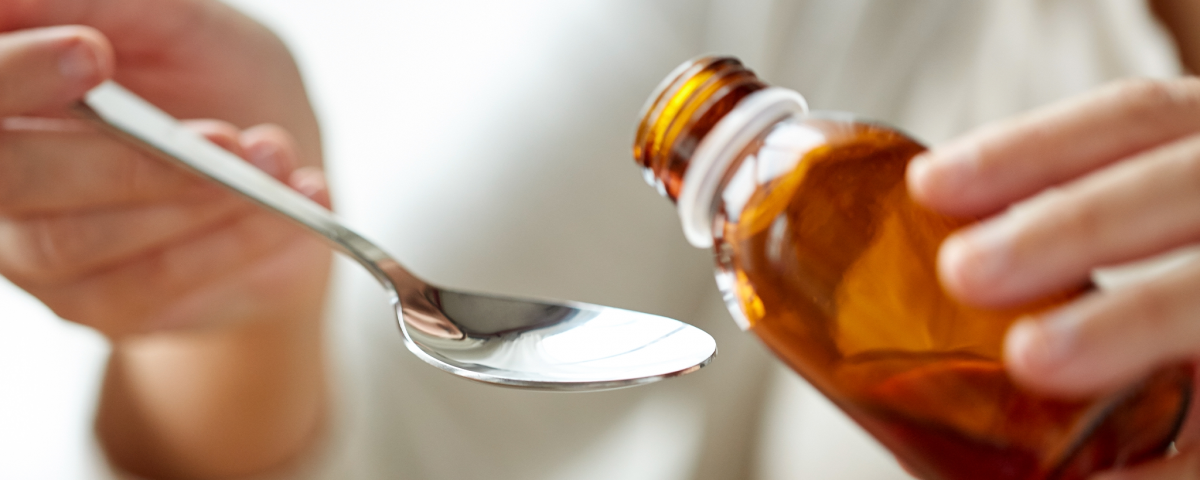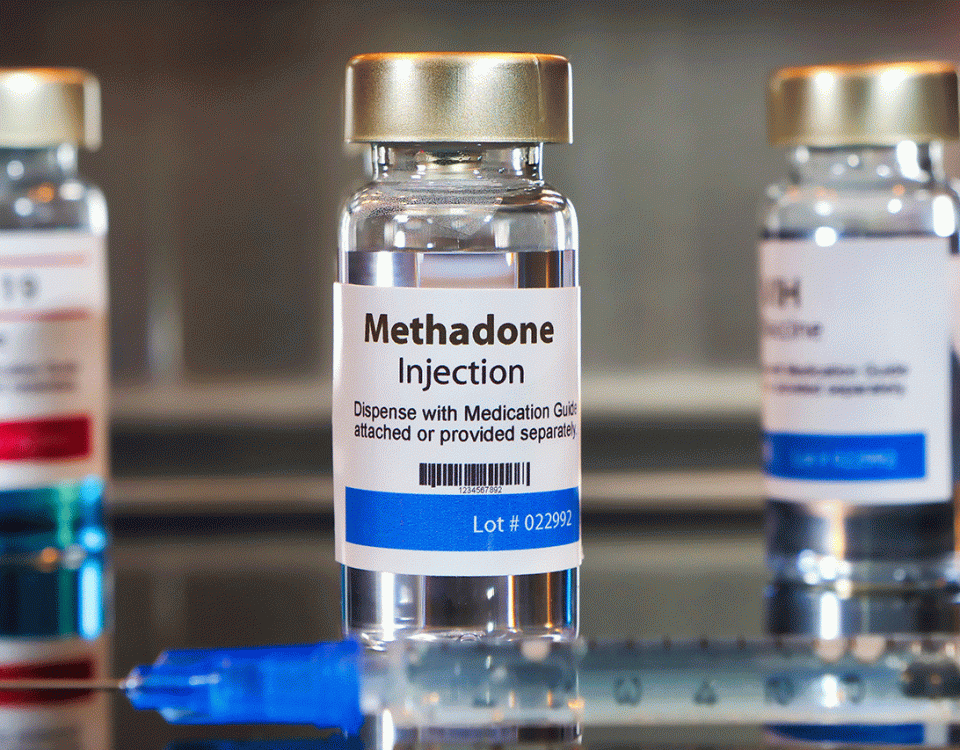A drug overdose can be either intentional or accidental. In cases when it’s accidental, a child may have gotten hold of a parent’s medication that wasn’t stored away safely enough, or an adult may have mixed their medication with alcohol without realizing the dangers. In intentional overdose cases, the person may have been taking high doses of the drug to get high, only to hit a point where they took too much. Similarly, a Hycodan overdose can occur when a person takes too high of a dose. Because this is a risk for those taking the medication, it’s important to know the signs and what to do if it occurs.
Questions about our Facilities or Programs?
Our admissions coordinators are available 24/7 to answer any questions you may have as you consider whether treatment at Banyan is right for you or your loved one.
What Is Hydrocodone Bitartrate (Hycodan)?
Hycodan belongs to a class of drugs called antitussives (cough suppressants). Antitussives are a group of medications taken individually or in combination as a treatment for symptoms such as runny or stuffy nose, sneezing, cough, and sinus congestion caused by allergies or the common cold. The term antitussives include a range of medications, including analgesics, antihistamines, and decongestants, among others.
Hycodan is a combination of two other medications: homatropine and hydrocodone. Hydrocodone is a prescription drug of the opioid drug class. Extended-release (ER) hydrocodone capsules may be prescribed for moderate to moderately severe pain, or the medication may be taken as an antitussive (cough suppressant). As a narcotic cough suppressant, hydrocodone works on the centers of the brain to reduce muscle activity as well as the urge to cough.
The other medication of this combination is homatropine, which belongs to the anticholinergics drug class. Anticholinergics are drugs that block and prevent the activity of the neurotransmitter (chemical messenger) acetylcholine (ACh) at both the central and peripheral nervous system synapses. In other words, homatropine blocks involuntary muscle movements associated with certain diseases, such as Parkinson’s disease.
Together, homatropine and hydrocodone make up Hycodan, which works on the central nervous system to reduce the urge to cough and for a cough that's exhausting and nonproductive (when nothing comes up). As effective as this medication is for reducing coughing, it also contains the narcotic hydrocodone, making it a habit-forming drug in cases of abuse. If you or someone you know has developed a dependence or addiction to Hycodan, our rehab in Texas offers medically monitored detox that will safely flush the drug out and serve as a safe first step in the recovery process.
Hycodan Overdose Symptoms
Overdose can occur with nearly every medication, and the risk is much higher when it comes to medications that contain narcotics, such as Hycodan. A Hycodan overdose can mainly occur because it contains hydrocodone, which acts on the central nervous system as a depressant.
The medication suppresses crucial functions such as breathing and heart rate, which can lead to overdose brain damage and even become life-threatening in cases when the person took too high of a dose. Some common symptoms of Hycodan overdose include:
- Blue-colored lips and fingers
- Clammy, cold skin
- Confusion
- Difficulty staying awake
- Dizziness or lightheadedness
- Fatigue
- Fever
- Lightheadedness
- Limp feeling
- Low blood pressure
- Muscle stiffness
- Nausea and/or vomiting
- Rapid heart rate
- Rattled and shallow breathing
- Sedation
- Seizures
- Severe constipation
- Severely reduced or stopped breathing
- Stomach pain
- Sweating
- Weakness
The use of Hycodan outside of a doctor’s guidelines will put a user at an increased risk of overdose. Many users who abuse Hycodan will also attempt to increase the drug’s effects by mixing it with other drugs or alcohol.
Hycodan bitartrate dosage forms are managed carefully per individual based on your medical condition and the response to treatment, so it’s important to take it according to the way it’s been prescribed by a doctor. If you find that you or a loved one is struggling with Hycodan abuse, our Banyan Texas rehab can help you take that first step toward your recovery.
What to Do if You Overdose on Hycodan
The best way to help an individual that is overdosing on Hycodan is to immediately dial 911 for emergency help. While waiting for emergency responders, the overdosing person should remain closely monitored and, if possible, awake and upright. If the overdosing individual has stopped breathing, CPR can be performed by a trained individual. When the respondents arrive, do your best to inform or answer any questions they may have about the individual. If severe respiratory depression is an issue, the medical team may administer naloxone, a drug that blocks opioid receptors, to immediately stop the effects of opioids.
Getting into treatment is easy with our free insurance verification
"*" indicates required fields
Preventing Hycodan Overdose
If you or a loved one is struggling with Hycodan abuse, working with a professional addiction treatment center can offer you the space and medical care necessary for long-term recovery. Working with a professional addiction treatment team can help the individual better understand their condition and how best to cope with relapse triggers and other challenges in sobriety.
Don’t wait to get help. For more information about our Texas drug and alcohol treatment and how to get started, call Banyan Treatment Centers today at 888-280-4763.
Related Reading:









